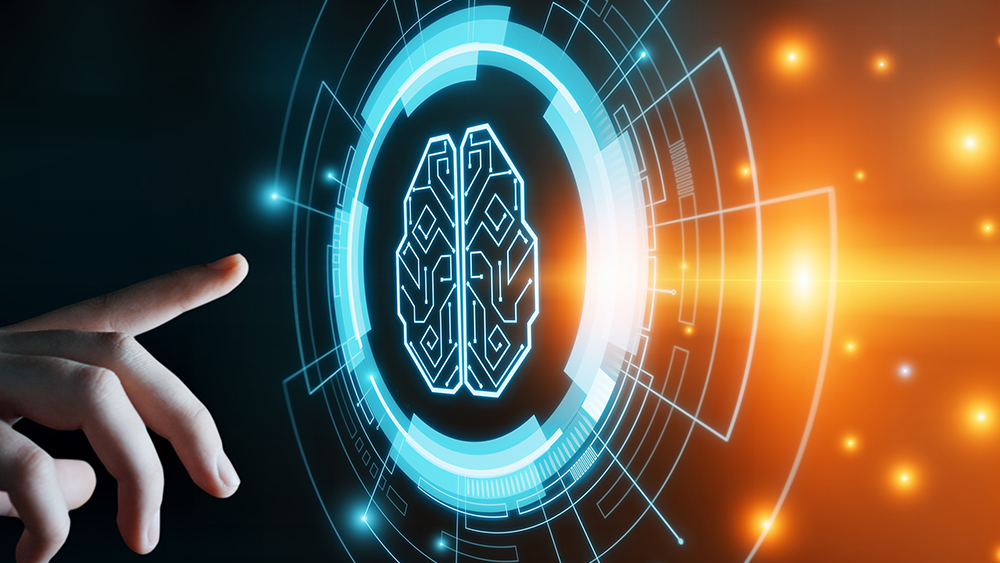
(Article by Blessing Nweke republished from YourNews.com)
Ms. Georgieva adds that policymakers should address the “troubling trend” to “prevent the technology from further stoking social tensions”.
The proliferation of AI has put its benefits and risks under the spotlight.
The IMF said AI will likely affect a greater proportion of jobs – put at around 60% – in advanced economies. In half of these instances, workers can expect to benefit from the integration of AI, which will enhance their productivity.
In other instances, AI will have the ability to perform key tasks that are currently executed by humans. This could lower the demand for labor, affecting wages and even eradicating jobs.
Meanwhile, the IMF projects that the technology will affect just 26% of jobs in low-income countries.
Ms. Georgieva said, “Many of these countries don’t have the infrastructure or skilled workforces to harness the benefits of AI, raising the risk that over time the technology could worsen inequality among nations”.
More generally, higher-income and younger workers may see a disproportionate increase in their wages after adopting AI.
Lower-income and older workers could fall behind, the IMF believes.
“Countries must establish comprehensive social safety nets and offer retraining programs for vulnerable workers,” Ms. Georgieva said. “In doing so, we can make the AI transition more inclusive, protecting livelihoods and curbing inequality.”
The IMF analysis comes as global business and political leaders gather at the World Economic Forum in Davos, Switzerland.
AI is a topic of discussion, following the surge in popularity of applications like ChatGPT.
The technology is facing increased regulation around the world. Last month, European Union officials reached a provisional deal on the world’s first comprehensive laws to regulate the use of AI
The European Parliament will vote on the AI Act proposals early this year, but any legislation will not take effect until at least 2025.
The US, UK, and China have yet to publish their own AI guidelines.
Read more at: YourNews.com
Please contact us for more information.






















